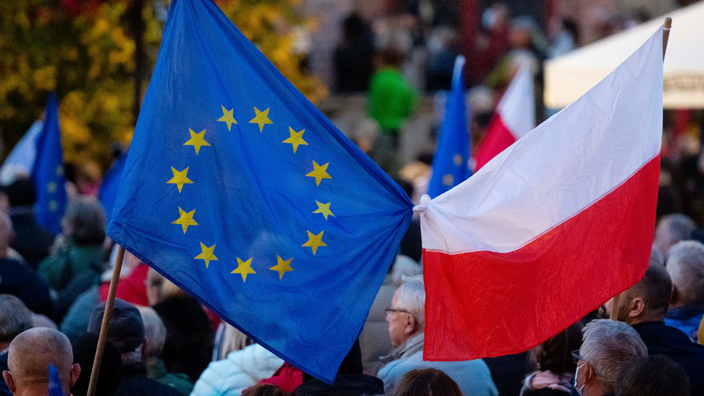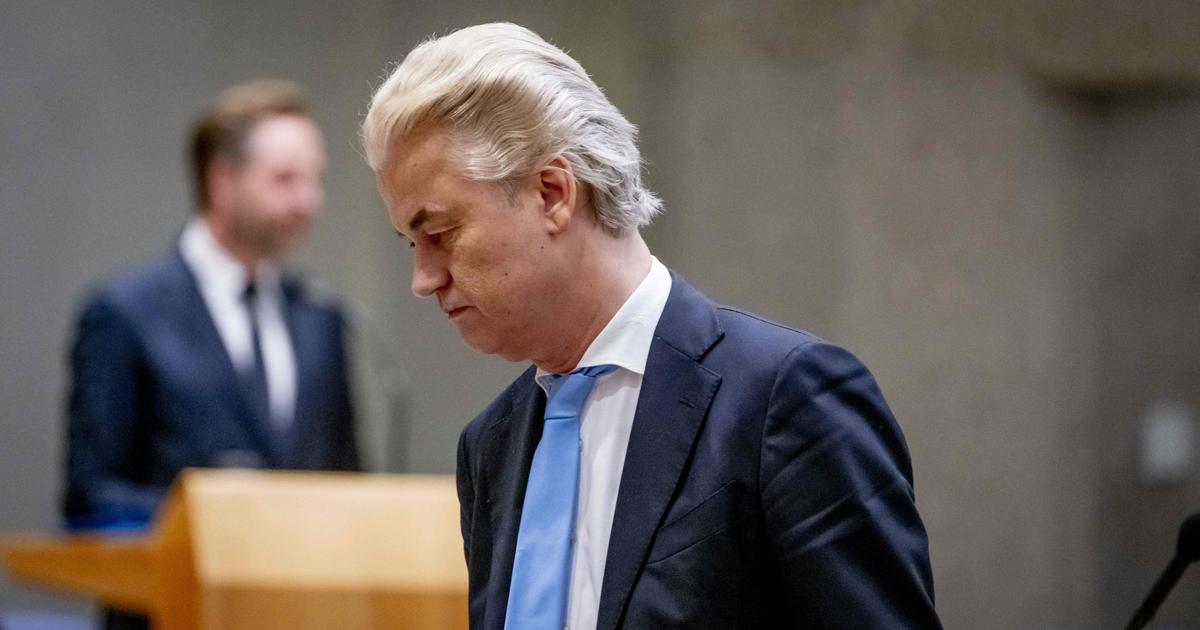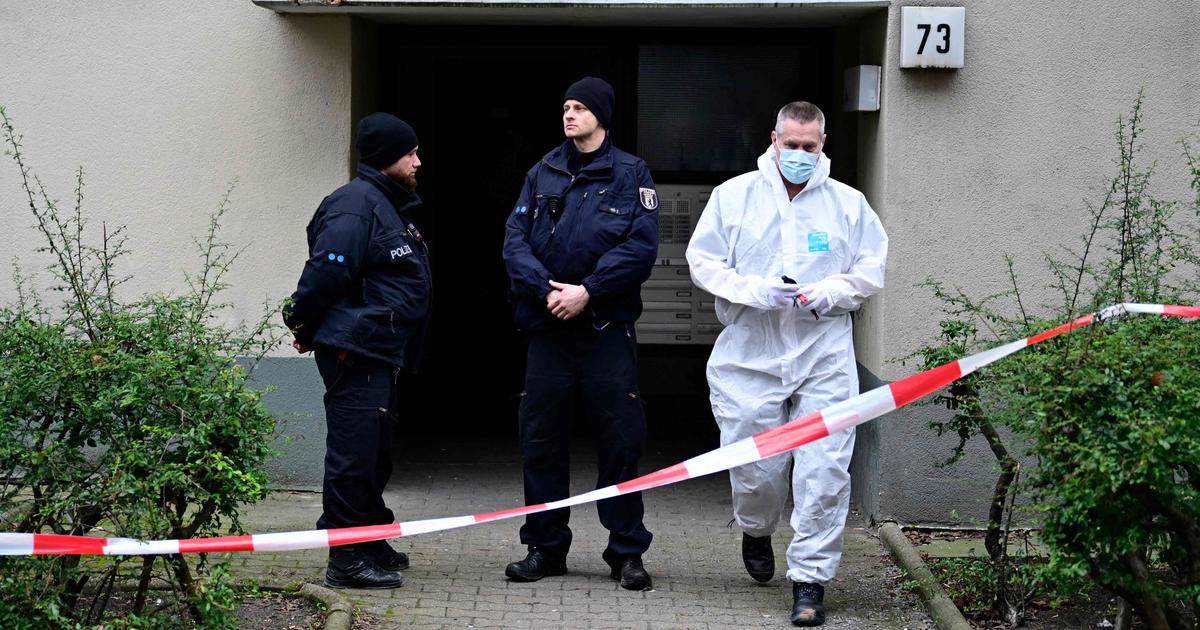A graduate in history and political science, Max-Erwann Gastineau is an essayist. He is the author of a remarkable essay,
Le Nouveau trial de l'Est
(Éditions du Cerf, 2019).
In 2005, the figure of the "Polish plumber", symbol of economic and migratory deregulation, crystallized the opposition of the French people to the draft European Constitution.
More than fifteen years later, it is another figure, that of the Polish judge, who crystallizes the tensions.
In question, the refusal by Poland to respond to the injunctions of the Court of Justice of the European Union (CJEU), which demanded the withdrawal of a controversial reform of its judicial system.
Refusal motivated by the judges of the Constitutional Court of Warsaw who, in a decision dated October 7, qualified these injunctions as illegitimate, the question of the organization of the judicial system having never been transferred by the States to the Union European Union (EU) and, therefore, brought to the discretion of the European judge.
More than a legal sleight of hand, a
"serious"
decision
, believes Clément Beaune, Secretary of State for European Affairs, laying the foundations for a future
polexit
?
It will be necessary to explain to us what fundamentally separates the decision of the Polish judge from the philosophy of the Court of Karlsruhe, where the German constitutional judges sit.
In its famous judgment of June 30, 2009, the Court of Karlsruhe recalled an essential fact: there is not a “European people”, but peoples.
Max-Erwann Gastineau
In its famous judgment of June 30, 2009, Karlsruhe recalled an essential fact: there is not a "European people", but peoples, and concludes from this perfectly incontestable state of affairs, two things which are no less essential: 1 / the national parliaments, like the Bundestag, remain the nerve center of the process of developing collective standards; 2 / Constitutional judges, guardians of the norm of norms: the constitution, are empowered to oppose the application of all European provisions going beyond the framework of the treaties. As long as
“no unified European people (…) can express a majority will through effective political channels (…),
summarized Karlsruhe in 2009,
the peoples of the Union, constituted in the Member States, remain the exclusive holders of public authority
”
.
It is moreover by virtue of this judgment that Karlsruhe opposed, on June 9, what the CJEU had validated: the securities purchase policy of the European Central Bank (ECB).
At the time of writing, no one in Brussels is thinking of suspending the German stimulus plan, as is being considered to put pressure on Poland.
The decision of the Polish judges is nevertheless in accordance with the spirit of Karlsruhe: it is a question of recalling the primacy of the nations and their constitutional identity on the illegitimate extension of the field of action of the EU.
Let's learn to look at Warsaw, not as the capital of a Europe on the cheap, but with the same eyes as Karlsruhe. Poland is a sovereign state and did not enter the EU to lose this hard-won sovereignty. Let us stop waving de Gaulle like a standard and read it. Europe must turn away from “chimeras” and build on “realities”. Europe is not the scene of a clash between good and evil, between the camp of the federalist “yes” and the nationalist “no”. It is not, as we can read here and there, a syndicate of co-owners whose rules are as clear as they are incontestable, but above all the expression of inevitable tensions, both the borders supposed to delimit the precinct of the States and the Union competencesare always more porous.
Europe is not the scene of a binary confrontation, but the expression of permanent power struggles between nations, national and European judges, supranational impulses and local rights.
Max-Erwann Gastineau
We saw it in France last July, on the occasion of the CJEU decision ruling on the working time of our soldiers. Doesn't the free organization of our armies concern our
“
national security
”
and therefore an area falling, under Article 4 of the EU Treaty (TEU), under
“strict state competence”?
We also see it in the societal field, which does not come under European competence, where the Von der Leyen Commission no longer hesitates to jump in to promote “LGBT rights”. The latest example to date, little commented on: the European strategy on “the rights of the child”, the conclusions of which, far from focusing on the only child,aim to recognize the plurality of families.
“There is no consensus within the European Union as regards the vision of the family and marriage,
recently recalled the Polish Deputy Minister of Justice, Marcin Romanowski
. Once again, the European Union is ignoring the limits of its powers set by the Treaty ”.
Finally, we see it in the migratory field, where again in theory the States remain the main masters of the game. Who today can seriously want to reduce migratory flows without, at the same time, questioning the straitjacket of European jurisprudence? Let us recall, by way of example, that following several decisions of the European justice system, an illegal immigrant can no longer be placed in police custody simply because of his illegal presence on French soil.
Read alsoEurope facing the challenge addressed to it by Poland
Europe is not the scene of a binary confrontation, but the expression of permanent power struggles between nations, national and European judges, supranational impulses and local rights. To pacify the whole, a
"national theory of the margin of action"
remains to be set up at the European level, estimates Jean-Marc Sauvé, former vice-president of the Council of State. Theory which would make it possible to (re) define what comes under the common European commitment and what comes under national identities. Theory which, in Political Science, would make it possible to extend the notion of "
checks and balances
", today reserved for face-to-face between citizens and States, for relations between States and Europe, with a view to preserving the rights of the former on the continuous extension of the encroachments of the second.
The principle of “
subsidiarity
”, dear to the Treaty of Lisbon and to the Christian Democrat founding fathers of Europe, invites the advent of such national counterweights (judicial and parliamentary). In France, constitutional judges could more systematically control “
derivative acts
”.
"Emanating from supranational bodies (decisions and judgments of the CJEU, regulations and directives of the European Commission), be explicitly empowered to defend the" constitutional identity "of France, which should also be clarified, after a major national debate ( and a referendum?), the content ("sovereignty", "indivisibility", "secularism", "Christian roots" ...). A democratic nation protects the rights of its citizens as individuals. It must also defend them as members of a community, a historical subject endowed with inalienable rights and capacities for action. The concept of “constitutional identity”, already mobilized in France by the Constitutional Council in 2006, must more than ever enter into our legal-political culture, and thus contribute to preserving theEurope of its imperial temptation.
The nations of Central and Eastern Europe did not join us in 2004 to "take advantage of European funds", although they benefit greatly from it, but to join the "old house" for which, under the watchful eye of Moscow, they. had fought so hard: Europe.
Max-Erwann Gastineau
Because the latest quarrel between Polish judges and European judges raises, more fundamentally, the question of the meaning of the European project. Basically, is it a question of building an
“ever closer
union
between the peoples of Europe”
(Article 1 of the EU Treaty), justifying at the edge of the courtroom the progressive standardization of the old continent? ? Or is it a matter of cooperation within the limits mentioned in Article 4 of the EU Treaty, which recalls that
"the Union respects the equality of the Member States before the Treaties as well as their national identity? , inherent in their fundamental political and constitutional structures ”
?
Is Europe an unalterable process, a fundamental movement called upon to lay, at the mercy of crises, the foundations of a transnational super-state, replicating the Kantian utopia of perpetual peace?
Or is it not - and that would be a lot!
- that an institutional construction, not letting itself be guided by who knows what "sense of History", and of this perfectly amendable?
The question of the limits to be placed on the European judge concerns us all, French and Polish alike.
Five years after
Brexit
, and the British desire to regain control over a European process marked by the rule of law - emanating from the case law of supranational courts - over the law - emanating from national parliaments -, the utopia of end of borders and contempt for national feelings, let's put things straight. Why not take advantage of the French presidency of the EU to organize, like the debate on national identity instituted by Nicolas Sarkozy in France in 2009, a major consultation between governments on “European values”? In 2005, the draft European constitution provided for mentioning our “Christian roots”. What about today ? Are Christian values still part of our common fund?
The nations of Central and Eastern Europe did not join us in 2004 to "take advantage of European funds", although they benefit greatly from it, but to join the "old house" for which, under the watchful eye of Moscow, they. had fought so hard: Europe. Europe and its customs, Europe and its values, both temporal and spiritual.
If the old continent, as Milan Kundera wrote, represents
"a maximum of diversity in a minimum of space"
, let us consecrate this diversity other than as the expression of an obsolete, if not dangerous, folklore.
Let us rewrite article 1 of the TEU which defines the European project as aiming for
"ever closer union between the peoples of Europe"
.
Let us give the latter a wiser but no less ambitious content, that of promoting a
"close union around a shared historical heritage, of which the peoples and the States, in cooperation with the community institutions, form the various means of expression"
.







